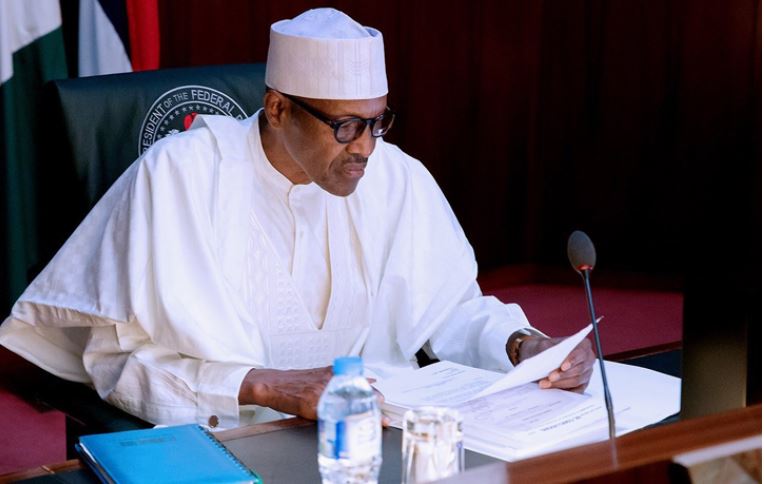President Muhammadu Buhari, on Friday, October 7, 2022, presented the 2023 budget to the National Assembly.
The 2023 budget, which would cost the Nigerian government a whooping sum of N20.51 trillion, would see the country being forced to borrow N8.80 trillion to finance the N10.78 trillion deficit in the plan.
BizWatch Nigeria, therefore, presents seven takeaways from the 2023 budget
A look into Nigeria’s 2023 budget
1) Buhari increases budget by N750 billion: First off, it is important to note that President Buhari increased the budget expenditure from the N19.76 trillion submitted and approved during the 2023-2025 Medium Term Expenditure Framework and Fiscal Strategy Paper (MTEF/FSP) submitted to the National Assembly.
He increased it to N20.51 trillion, which is 18.5% above the N17.3 trillion President Buhari submitted for the calendar year of 2022, representing an increase by N3.21trillion. This is not the first time he will raise previously submitted expenditure, as same was done in 2022, when the initial budget was raised from N17.12 trillion.
2) Nigeria to produce less crude: President Buhari also told the National Assembly that daily oil production estimate is 1.69 million barrels (inclusive of Condensates of 300,000 to 400,000 barrels per day).
This is below the current OPEC+ quota of 1.830 million barrels per day, and also falls short of the 1.88 million barrels that he projected for the 2022 period, although Nigeria couldn’t do above 1.60 million this year.
3) Oil revenue to drop in 2023: During his presentation, Buhari revealed that Nigeria will generate N1.92 trillion in oil revenue. This disclosure comes with a disappointment, as it means oil revenue will drop next year, considering his administration had projected N3.16 trillion in 2022.
This projection comes at a time other countries are benefiting from high crude oil price, and with OPEC+ announcing a cut in production, price of the commodity is expected to rise from the current $89.40 into next year, amid plans to drive it back to the $100 per barrel level it was in H1 2022.
Surprisingly, this is despite the administration expecting oil price benchmark at $70 per barrel, which is above the $57 projected for 2022 by Buhari.
4) Non-oil revenue to the rescue: As oil revenue is expected to fall in 2023 in comparison with 2022 projection, non-oil revenue will grow by 14.08% from the N2.13 trillion projected for this year, to N2.43 trillion next year.
Also, the Federal Government independent revenues are expected to rise to N2.21 trillion in 2023, against the N1.82 trillion projected for the period of 2022.
5) FG’s distributable revenue to fall: It was gathered that at the end of December next year, the federally distributable revenue will drop, as Buhari’s administration predicted N11.09 trillion, which is below the N17.70 trillion projected last year.
Ripples Nigeria also understands that the total revenue available to fund the 2023 Federal Budget is estimated at 9.73 trillion, slightly below the N10.13 trillion disclosed for this year.
6) Traders prepare for a strong naira next year: Based on Buhari’s projection for naira value next year, it is safe to say investors and traders should brace themselves for a strong naira in 2023, with an appreciation of 0.44% in 2023.
The president had disclosed that his administration expects the foreign exchange between the naira and the dollar to be N435.57/$1. The naira will gain N1.93 kobo in value judging by the current official forex rate of Thursday, which is N437.5/$1.
Regardless of the appreciation projected for naira, the predicted exchange rate for next year is far above N200/$1 Buhari met in 2015.
7) Nigeria’s economy to experience slow growth in 2023: Comparing the growth projection for Nigeria’s gross domestic product (GDP) in 2022 and next year, Ripples Nigeria gathered that Buhari expects the economy to grow slowly under the incoming administration.
This was concluded on based on the GDP growth projection of 3.75 per cent Buhari told the National Assembly. This is in contrast and below the 4.2 per cent that he estimated for 2022.














